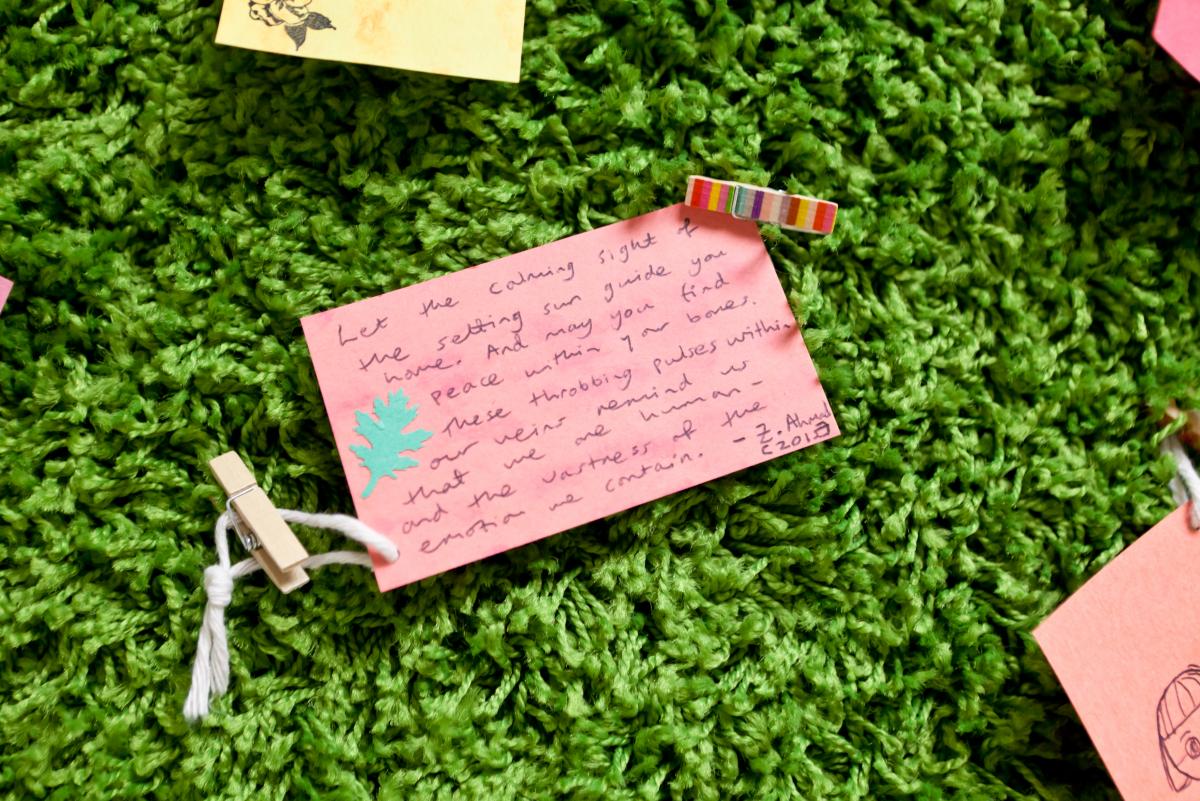
Changes in approaches to evaluating creative activities delivered remotely or online during COVID-19 have been prompted by increased flexibility from funders and the continuing need to find appropriate, accessible and sustainable ways to access participant experience. These are two of the findings uncovered through a recent curated online conversation, hosted by Willis Newson, Creative and Credible, Arts and Health South West and the Culture Health and Wellbeing Alliance, in association with Professor Norma Daykin and Dr Karen Gray.
The event, on 8 September 2020, brought together an invited group of 36 mainly UK-based arts practitioners, evaluators and researchers. Short keynote presentations from the field were followed by facilitated breakout discussions and a plenary. A full report of the discussion is available to download here.
Discussion highlighted the adaptive, improvisational, and innovative ways in which arts and health practice is responding to Covid-19.
Evaluation was seen as critical in terms of providing evidence of outcomes in order to ensure the survival of the arts and cultural sector. However, with funders showing themselves to be flexible, many attendees had felt more able to question the type of evaluation that would be most useful. This had been accompanied by a shift from measuring quantitative outcomes to qualitative impact and process evaluation.
Attendees recognised evaluation as crucial to honing emerging practice, ensuring appropriateness and best meeting participant needs. It was felt that evaluating innovations in practice resulting from responses to Covid-19 could be critical to the long-term development of the sector.
Attendees asked:
“How do we use existing forms of evaluation but not be limited by them?”
They recognised that participatory and creative approaches to evaluation support its integration into project delivery, make participants feel more like people and less like data, and enable access to participant voices, authentic stories and experience.
The session raised questions for future discussion.
How can we share insights from evaluation to inform both practice and policy? How can we share expertise and work collectively? And, how can we continue to ensure quality by nurturing reflection in and on practice - even amidst a crisis?
The full report of this event, available to download here, reflects and is indebted to the generosity of all of those who took part. Organisers were: Norma Daykin, Karen Gray, and Jane Willis. Jane Willis chaired the event. Speakers were: Karen Gray, Nicky Goulder, Maria Hayes, Claire Sharples, and John McMahon. Facilitators of break-out groups and note-takers of discussion in these were: Kat Algar-Skaife, Emily Bradfield, Alex Coulter, Norma Daykin, Chris Fremantle, and Victoria Hume.
The event was supported by Willis Newson, Arts and Health South West, and the Culture, Health and Wellbeing Alliance.
